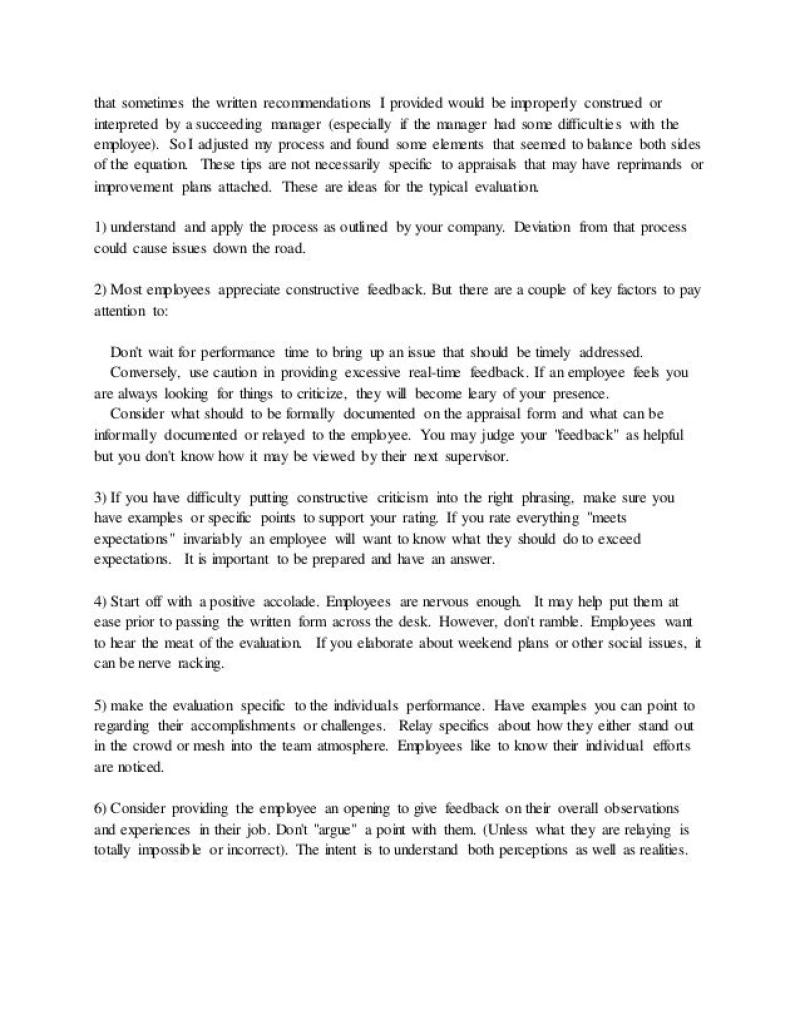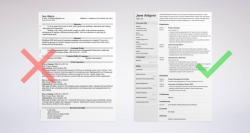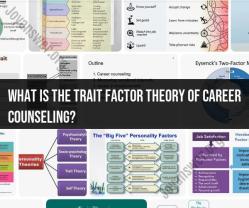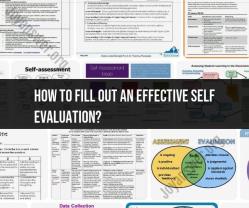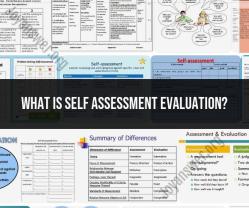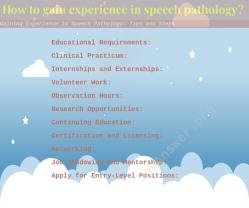What are some good comments for an employee evaluation?
Constructing effective and positive employee evaluation comments involves highlighting achievements, providing constructive feedback, and encouraging growth. Here are examples of comments that strike a balance between recognizing accomplishments and suggesting areas for improvement:
Positive Comments on Achievements:
"Throughout the year, [employee] consistently demonstrated a high level of initiative and creativity. Their ability to [specific accomplishment] significantly contributed to the success of the team's projects."
"I want to commend [employee] for their exceptional performance in [specific task or project]. Their dedication and attention to detail resulted in [measurable outcome], showcasing their commitment to excellence."
"One of [employee]'s key strengths is their effective collaboration with team members. They played a crucial role in [team project], fostering a positive and cooperative work environment."
Constructive Feedback on Improvement Areas:
"While [employee] excels in [specific skill], there's an opportunity for further development in [related skill]. Encouraging additional training or mentorship in this area could enhance their overall effectiveness."
"In the coming year, I suggest that [employee] focus on [specific goal] to further refine their [skill]. This will not only contribute to their professional development but also align with the team's objectives."
"One area where [employee] could enhance their performance is [specific area of improvement]. Providing additional support or resources in this regard could help them overcome challenges and achieve better results."
Recognition of Adaptability and Flexibility:
"In a rapidly changing work environment, [employee] demonstrated remarkable adaptability. Their ability to navigate challenges and pivot when necessary showcases their resilience and commitment to success."
"One of [employee]'s standout qualities is their flexibility in taking on new responsibilities. They seamlessly adapted to [new project/task], displaying versatility and a willingness to contribute beyond their role."
Encouragement for Future Growth:
"Looking forward, I encourage [employee] to explore opportunities for professional development, such as [relevant training or workshops]. This will further enhance their skills and contribute to their continued success."
"I am confident that [employee] has the potential to take on leadership roles. Continued growth in [specific skill or competency] and actively seeking leadership opportunities will contribute to their career advancement."
"With their strong work ethic and dedication, [employee] is well-positioned for continued success. Setting and achieving ambitious yet achievable goals will undoubtedly lead to further accomplishments in the coming year."
Positive Team Collaboration Comments:
"Team members consistently praised [employee] for their collaborative spirit. Their ability to foster a positive and inclusive team environment significantly contributes to the overall success of our projects."
"I appreciate [employee]'s commitment to teamwork. They consistently went above and beyond to support colleagues and readily shared their expertise, contributing to the overall synergy of the team."
Remember to tailor these comments to the specific achievements and areas of improvement for each employee. Providing personalized and specific feedback ensures that the evaluation is meaningful and helps guide the employee's professional development.
Constructive communication: What are some good comments for an employee evaluation?
Good employee evaluation comments are constructive, specific, and personalized. They should focus on the employee's strengths and areas for improvement, and they should provide actionable feedback that the employee can use to grow and develop.
Here are some examples of good employee evaluation comments:
- Strengths: "Your attention to detail is impeccable, and your work is always of the highest quality."
- Areas for improvement: "You could improve your time management skills by setting more realistic deadlines for yourself and breaking down large tasks into smaller, more manageable ones."
- Actionable feedback: "To improve your communication skills, I encourage you to practice actively listening to others and asking clarifying questions."
Personalized feedback: Tailoring comments to individual strengths and areas for improvement
When writing employee evaluation comments, it is important to tailor your feedback to the individual employee. Consider their strengths, areas for improvement, and personal goals. This will help to ensure that your feedback is relevant and meaningful to the employee.
Here are some tips for tailoring your employee evaluation comments:
- Start by identifying the employee's individual goals. What do they want to achieve in their career? How can your feedback help them to achieve their goals?
- Consider the employee's personality and learning style. Some employees prefer direct feedback, while others prefer more indirect feedback. Be mindful of the employee's individual needs and preferences when writing your comments.
- Provide specific and actionable feedback. Avoid general statements and vague language. Instead, focus on providing specific feedback that the employee can use to improve their performance.
Specificity matters: Examples of detailed and impactful comments in employee evaluations
Specific and detailed comments are more impactful than general statements. When writing employee evaluation comments, be sure to provide specific examples of the employee's work and behavior. This will help the employee to understand your feedback and how they can improve.
Here are some examples of specific and impactful employee evaluation comments:
- Strengths: "On the recent product launch project, you went above and beyond to ensure that the project was completed on time and within budget. You also took the initiative to identify and resolve potential problems before they caused any delays."
- Areas for improvement: "During the team meeting last week, you interrupted other people when they were speaking. This made it difficult for everyone to participate in the discussion. In the future, please be mindful of giving everyone a chance to speak."
- Actionable feedback: "To improve your public speaking skills, I recommend that you practice your presentations in front of a mirror or with a friend. You could also join a Toastmasters club to get more feedback and practice."
Encouraging growth: Comments that inspire and motivate employees
Employee evaluation comments should not only be critical; they should also be encouraging and motivating. When providing feedback, focus on the employee's strengths and potential for growth.
Here are some examples of encouraging employee evaluation comments:
- "I am confident that you have the potential to be a leader on our team. I encourage you to continue to develop your leadership skills and take on more responsibility."
- "I am impressed by your commitment to your professional development. I am confident that you will continue to achieve great things in your career."
- "I am grateful for your contributions to our team. Your hard work and dedication are appreciated."
Balancing critique and praise: Strategies for providing well-rounded feedback in evaluations
It is important to balance critique and praise in employee evaluations. This will help to ensure that the employee feels valued and respected, while also receiving the feedback they need to improve their performance.
Here are some strategies for balancing critique and praise in employee evaluations:
- Start by praising the employee for their strengths and accomplishments. This will help to create a positive and supportive atmosphere for feedback.
- When providing feedback on areas for improvement, be specific and actionable. Avoid general statements and vague language.
- End the evaluation on a positive note. Restate your confidence in the employee and their ability to improve.
By following these tips, you can write employee evaluation comments that are constructive, personalized, and specific. This will help to ensure that your feedback is relevant and meaningful to the employee, and that it will help them to grow and develop in their career.
